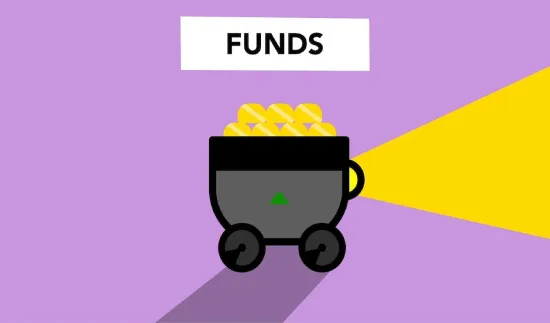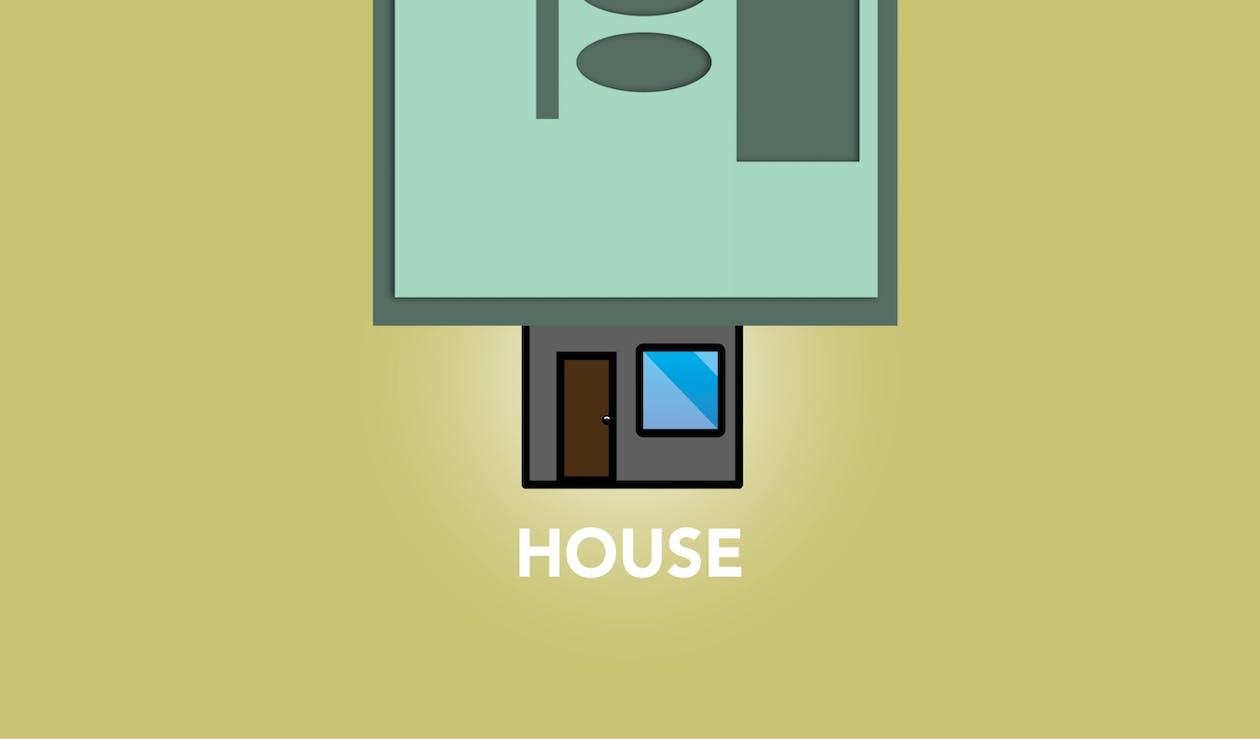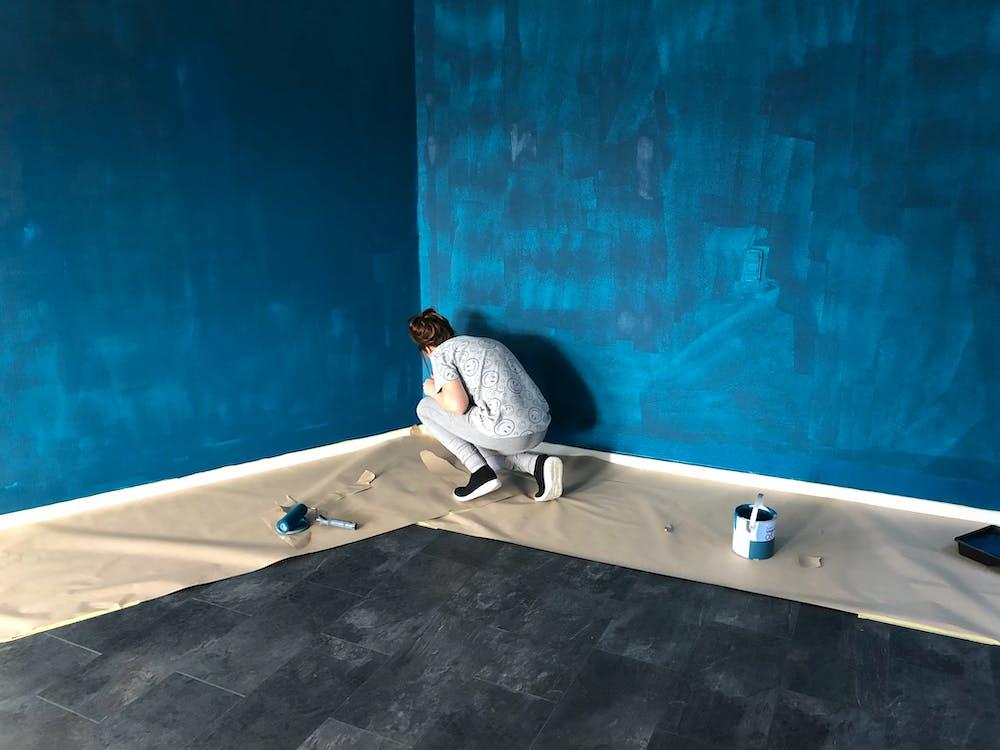A sponsor unit is an apartment in a building that’s still owned by the original builder/developer of the building (in the case of condos) or an owner of the building before it went co-op, who still holds “unsold” co-op shares.
When it comes to condominiums, sponsor units can be found in both new developments/newly refurbished buildings and old constructions. The term “sponsor” here refers to the builder or developer. In old constructions, sponsor units represent unsold apartments that the builder/developer didn’t or couldn’t sell the first time. In new construction or newly refurbished condominiums, most buyers usually purchase the apartment directly from the developer.
For co-ops, the sponsor is usually the person or legal entity (LLC) responsible for converting a rental building to a co-op. It’s their job to sell the units in the co-op building, so they are able to bypass the co-op board when selling a unit since they technically owned it before it was converted to a co-op.
In both condominiums and co-ops, the sponsor units differ (slightly) from resale apartments. Any apartment you buy from the previous apartment owner, not the building owner/developer, is technically a resale apartment. An apartment is considered a sponsor unit only until it’s sold to a buyer. After that, it’s a resale apartment.
Pros and Cons of Buying A Sponsor Unit
Pros
- In a co-op, you can buy a sponsor unit without going through the complex application and interview process, which can save a lot of time.
- In co-op sponsor units, you can keep your financial privacy from your neighbors (who are on the co-op board) since you don’t have to disclose the details of your finances in the extensive application and board interview. The sponsor unit application is usually much less invasive, though it may include a credit check.
- You may be able to buy an apartment in a co-op even if you don’t meet the stringent financial requirements of the co-op board by buying a sponsor unit. A sponsor may also accept a lower down payment.
- Buying a sponsor unit in a newly-developed condo means you are getting it in pristine condition.
- Many co-op sponsor units may have retained their original architectural details, which can be quite attractive if they are properly preserved.
Cons
- The closing costs for sponsor units may be significantly higher because, as the buyer, you will have to cover the transfer tax (both state and city), which can be as high as 1.825% of the price for apartments costing more than $500,000. However, in some condominiums (especially mostly-sold new developments), the builder may take care of it.
- Since it allows you to bypass board approval, a co-op sponsor unit might sell for more due to higher demand.
- Non-new development sponsor unit apartments are mostly sold in “as-is” condition (usually the ones held by long-term tenants), so you may have to spend a lot of money on renovations that usually the previous owner takes care of before selling (in the case of resale apartments). And if it needs a gut renovation, the overall cost of the purchase may become too high.
- While it’s rare, if you are buying a sponsor unit from a new/small developer that hasn’t followed the best construction standards, your apartment and the building as a whole might start to show signs of wear and tear much faster or require more frequent renovations, adding to the long-term cost.
Common Misconceptions
Misconception: Buyers of sponsor units don’t need to disclose any financial details.
Reality: The sponsor will require you to disclose some financial details, at least enough to ensure that the final payment will come through.
Misconception: Co-op sponsor units may not have any legal or regulatory complications since you are buying directly from the sponsor.
Reality: For previously occupied/rented co-op sponsor units, leases should be properly terminated. If not, they may present some legal problems for the new buyer.















